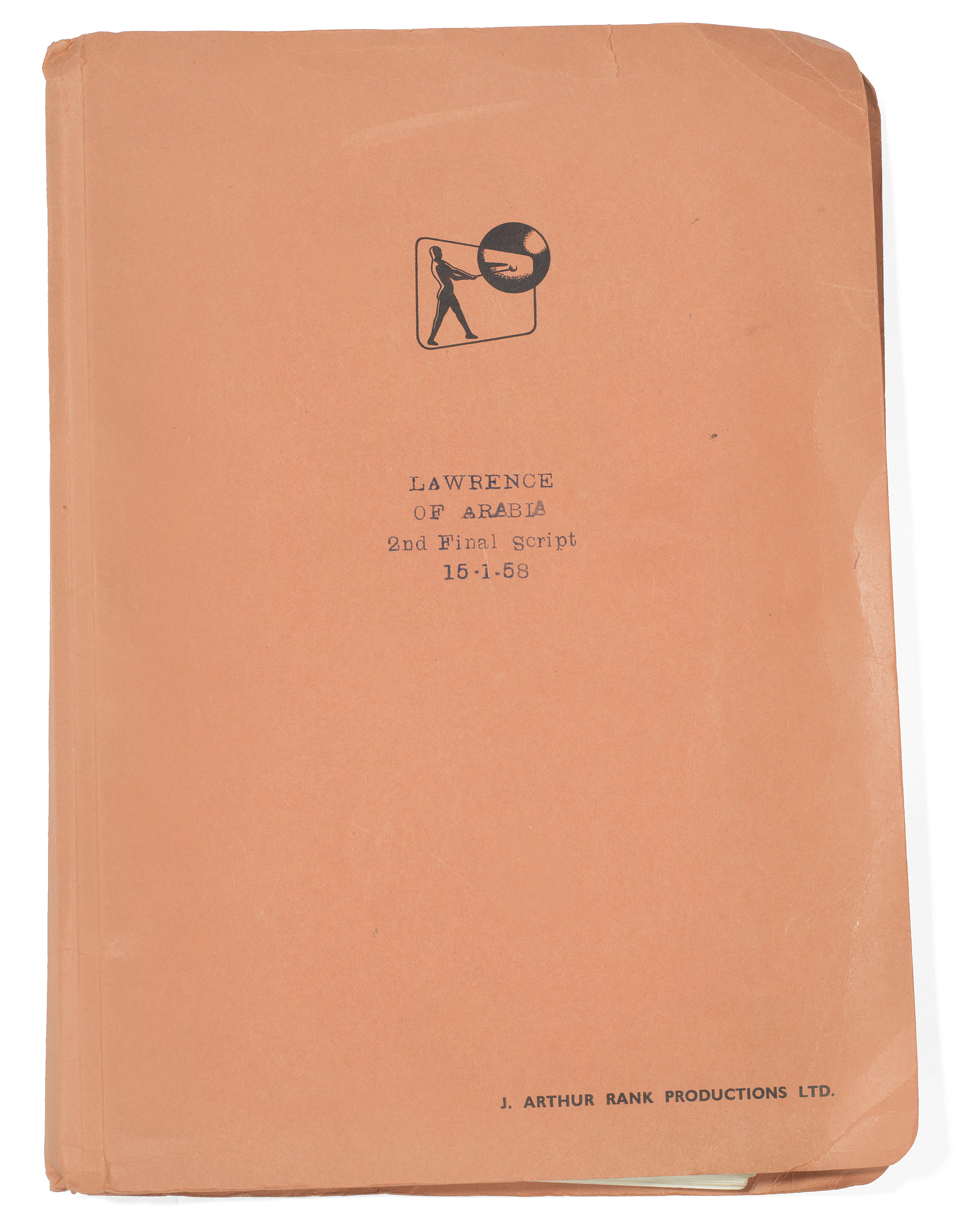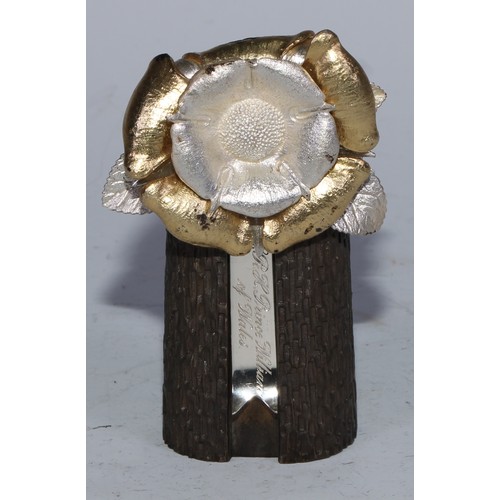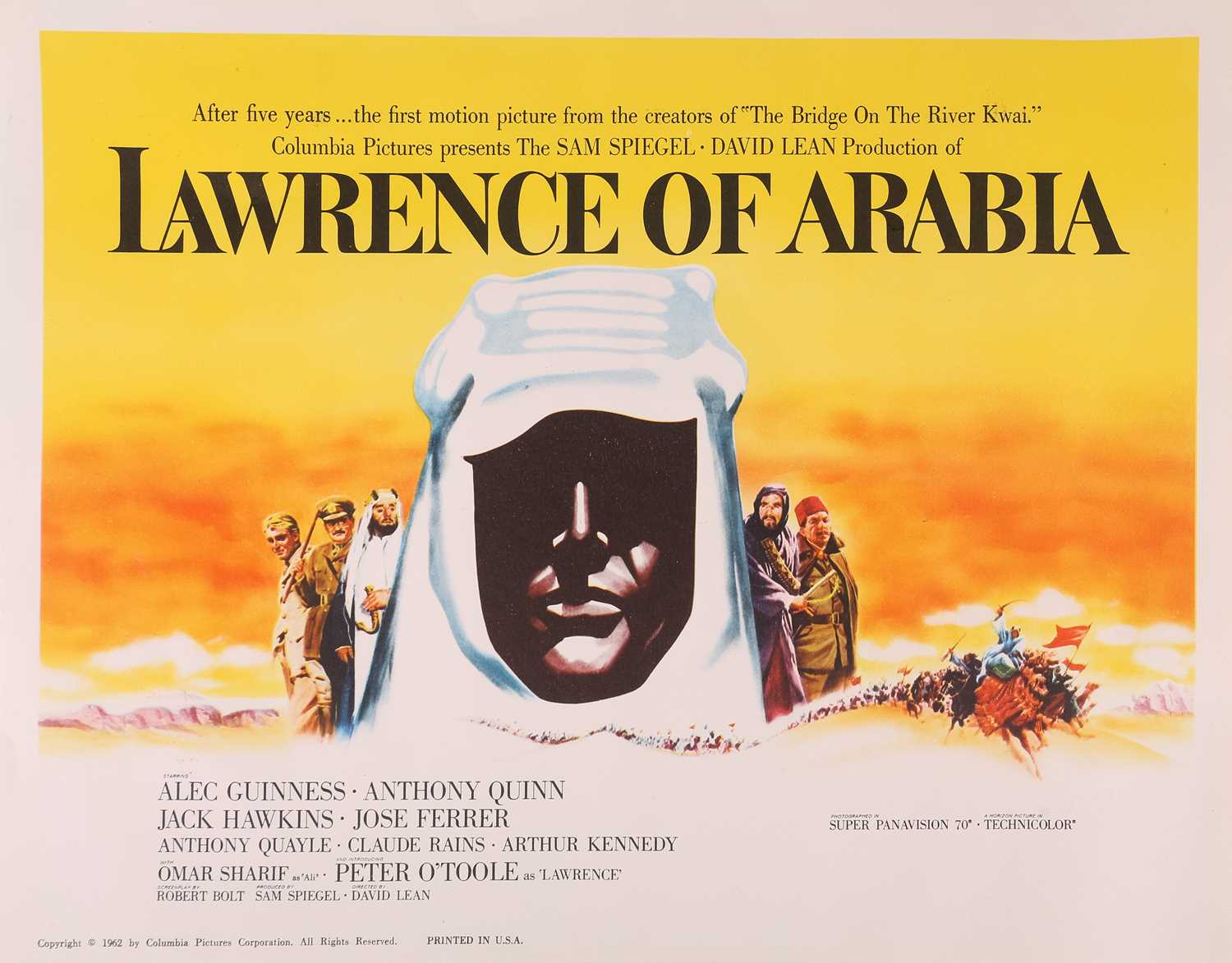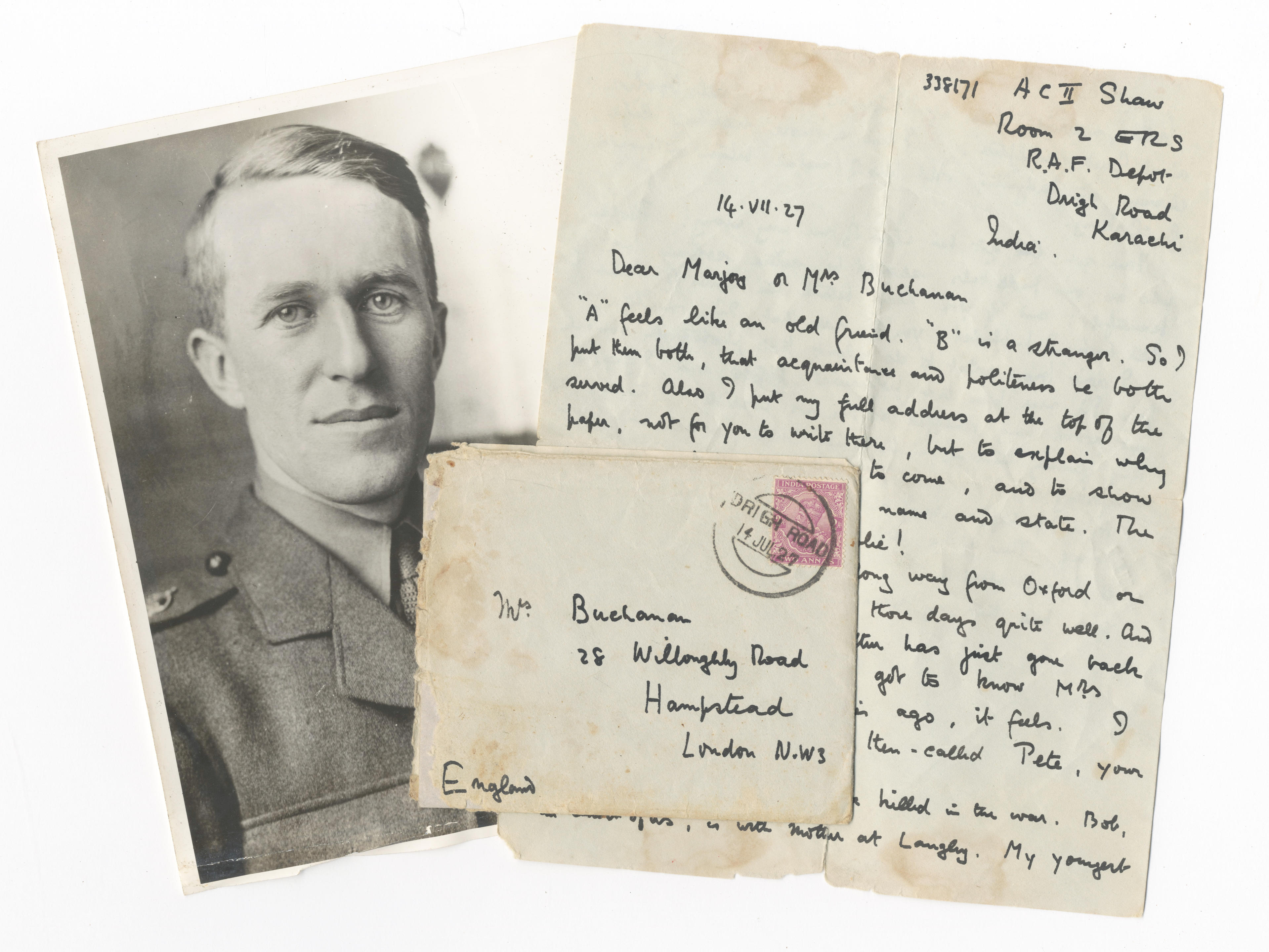LAWRENCE, T.E. An important autograph letter signed ("T.E.L."), to General Gilbert F. Clayton, a memorandum giving a detailed account of his discussions at Jidda with Arab Commanders, [Jidda], 18 October 1916. 2 pages, folio, filing holes occasionally touching a few letters, a few minor rust stains, some marginal markings or underlinings in pencil [possibly Clayton's] . AN IMPORTANT MEMORANDUM DETAILING LAWRENCE'S DISCUSSIONS WITH ARAB LEADERS "In the autumn [of 1916] it was arranged that Lawrence should be transfered to the staff of the Arab Bureau, but first he was sent to Jidda to report on the situation in the Hejaz. The Arab Revolt seemed to have come to a stand still, and there was little reliable information about the capacity of its forces or the ability of its commanders. During two weeks in Arabia, Lawrence met Hussein's sons, Ali, Abdullah, Feisal and Zeid, and formed his own conclusions about them..." (Wilson, T.E. Lawrence , London: National Portrait Gallery, 1988, p. 48). Lawrence arrived in Jidda on October 16th to meet with Sherif Abdullah, and although he had only a minor role in the discussions, he observed the participants closely and drafted notes on the various persons he met for the Arab Bureau. Sir Gilbert Clayton (1875-1929) was appointed Director of Military Intelligence in Cario in 1914, and was personally responsible to the three most senior British officials in the Middle East. Lawrence worked closely under Clayton while in the Military Intelligence Department. In 1917 Clayton was promoted brigadier-general and became chief political officer of the Egyptian expeditionary force that began the invasion of Palestine in that year. His first task was the administration of occupied Palestine territory. Clayton proved to be one of the most important figures in Lawrence's career. This letter was written directly to General Clayton on his second day at Jidda and he reports: "We spent about two and a half days at jidda, about half of which was occupied with discussions with Sherif Abdullah. We got there just as Wilson had received the telegram about the 'final' decision not to land a brigade at Rabegh (suggest you inform H.M.G. there are no 'final ' decisions in war time, though I agree with this one!) and he was so taken up with the point that Syria was never mentioned." Lawrence describes Abdulla to Clayton: "...looks about thirty, and is very quiet in manner: all the same one could see that the decision against a Brigade was a heavy blow (mostly, I think to his ambitions). He was very cut up at first, and tried to get the order changed, as he was afraid to inform his Father of it." About Abdul Aziz al Masri, Hussein's acting Chief of Staff, he writes: "Aziz has not taken me into his confidence, but is enormoulsy interested in the Hejaz Railway, North of Maan. I cannot get him worked up to consider the El Ala-Medina stretch at all. All his questions are about the Hauran, Kerak, and the Nebk-Selemish region: even Aleppo sometimes. I fancy he may be trying to get up into the Rualla-Hauran country, not to do very much perhaps but to sound the people, and cut the line. He will not take troops with him from Hejaz. However, unless he asks my opinion I needn't take any notice of what I suspect, and indeed a diversion there might aid us in the end of November most powerfully. If he would blow up the Hama bridge, it would be safe to start excavating Beersheba! Aziz suspects that all idea of an offensive from Medina has been abandoned by the Turks: however he does not know much more about it than we do." After suggesting "there is a great need of some Intelligence work being done at Jidda," he gives his impressions of the city: "The tone of public opinion at Jidda is rollicking good-humour towards foreigners. It will however be quite a good thing when the French Political Mission goes. Jidda is a wonderful town, like gimcrack Elizabethan exaggerated. Storrs will give you some of the gems of our experience: most
LAWRENCE, T.E. An important autograph letter signed ("T.E.L."), to General Gilbert F. Clayton, a memorandum giving a detailed account of his discussions at Jidda with Arab Commanders, [Jidda], 18 October 1916. 2 pages, folio, filing holes occasionally touching a few letters, a few minor rust stains, some marginal markings or underlinings in pencil [possibly Clayton's] . AN IMPORTANT MEMORANDUM DETAILING LAWRENCE'S DISCUSSIONS WITH ARAB LEADERS "In the autumn [of 1916] it was arranged that Lawrence should be transfered to the staff of the Arab Bureau, but first he was sent to Jidda to report on the situation in the Hejaz. The Arab Revolt seemed to have come to a stand still, and there was little reliable information about the capacity of its forces or the ability of its commanders. During two weeks in Arabia, Lawrence met Hussein's sons, Ali, Abdullah, Feisal and Zeid, and formed his own conclusions about them..." (Wilson, T.E. Lawrence , London: National Portrait Gallery, 1988, p. 48). Lawrence arrived in Jidda on October 16th to meet with Sherif Abdullah, and although he had only a minor role in the discussions, he observed the participants closely and drafted notes on the various persons he met for the Arab Bureau. Sir Gilbert Clayton (1875-1929) was appointed Director of Military Intelligence in Cario in 1914, and was personally responsible to the three most senior British officials in the Middle East. Lawrence worked closely under Clayton while in the Military Intelligence Department. In 1917 Clayton was promoted brigadier-general and became chief political officer of the Egyptian expeditionary force that began the invasion of Palestine in that year. His first task was the administration of occupied Palestine territory. Clayton proved to be one of the most important figures in Lawrence's career. This letter was written directly to General Clayton on his second day at Jidda and he reports: "We spent about two and a half days at jidda, about half of which was occupied with discussions with Sherif Abdullah. We got there just as Wilson had received the telegram about the 'final' decision not to land a brigade at Rabegh (suggest you inform H.M.G. there are no 'final ' decisions in war time, though I agree with this one!) and he was so taken up with the point that Syria was never mentioned." Lawrence describes Abdulla to Clayton: "...looks about thirty, and is very quiet in manner: all the same one could see that the decision against a Brigade was a heavy blow (mostly, I think to his ambitions). He was very cut up at first, and tried to get the order changed, as he was afraid to inform his Father of it." About Abdul Aziz al Masri, Hussein's acting Chief of Staff, he writes: "Aziz has not taken me into his confidence, but is enormoulsy interested in the Hejaz Railway, North of Maan. I cannot get him worked up to consider the El Ala-Medina stretch at all. All his questions are about the Hauran, Kerak, and the Nebk-Selemish region: even Aleppo sometimes. I fancy he may be trying to get up into the Rualla-Hauran country, not to do very much perhaps but to sound the people, and cut the line. He will not take troops with him from Hejaz. However, unless he asks my opinion I needn't take any notice of what I suspect, and indeed a diversion there might aid us in the end of November most powerfully. If he would blow up the Hama bridge, it would be safe to start excavating Beersheba! Aziz suspects that all idea of an offensive from Medina has been abandoned by the Turks: however he does not know much more about it than we do." After suggesting "there is a great need of some Intelligence work being done at Jidda," he gives his impressions of the city: "The tone of public opinion at Jidda is rollicking good-humour towards foreigners. It will however be quite a good thing when the French Political Mission goes. Jidda is a wonderful town, like gimcrack Elizabethan exaggerated. Storrs will give you some of the gems of our experience: most

.jpg)










.jpg)

Testen Sie LotSearch und seine Premium-Features 7 Tage - ohne Kosten!
Lassen Sie sich automatisch über neue Objekte in kommenden Auktionen benachrichtigen.
Suchauftrag anlegen